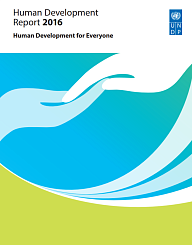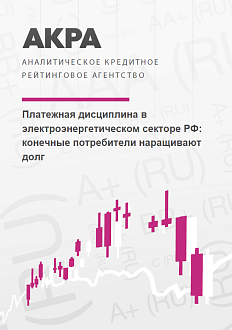The 2016 Human Development Report
The 2016 Human Development Report is one of the series of global Human Development Reports published by the United Nations Development Programme (UNDP) since 1990 as independent, analytically and empirically grounded discussions of major development issues, trends and policies.
The 2016 Human Development Report focuses on how human development can be ensured for everyone—now and in the future. The Report raises two fundamental questions: who has been left out in progress in human development and how and why did that happen.
Basic messages of the Report
This Report conveys five basic messages:
• Universalism is key to human development, and human development for everyone is attainable.
• Various groups of people still suffer from basic deprivations and face substantial barriers to overcoming them.
• Human development for everyone calls for refocusing some analytical issues and assessment perspectives.
• Policy options exist and, if implemented, would contribute to achieving human development for everyone.
• A reformed global governance, with fairer multilateralism, would help attain human development for everyone.
Complex development challenges
The Report starts with an account of the achievements, challenges and hopes for human progress, envisioning where humanity wants to go.
Further on, the authors assert that the world still faces many complex development challenges. Some challenges are lingering (deprivations), some are deepening (inequalities) and some are emerging (violent extremism). Some are global (gender inequality), some are regional (water stress) and some are within national boundaries (natural disasters). Most challenges are mutually reinforcing: climate change reduces food security, and rapid urbanization marginalizes poor people in urban areas. Whatever their nature or reach, these challenges have an impact on people’s well-being.
Four-pronged national policy
To ensure that human development reaches everyone, the authors suggest a four-pronged national policy approach, which includes the following four components: reaching those left out using universal policies; pursuing measures for groups with special needs; making human development resilient; empowering those left out.
2030 Agenda for Sustainable Development
The Report’s vision draws from and builds on the 2030 Agenda for Sustainable Development that the member states of the United Nations have endorsed and the 17 Sustainable Development Goals that the world has committed to achieve.
The 2030 Agenda and the Sustainable Development Goals are critical steps towards human development for everyone. Building on its analysis and findings, the Report suggests a five-point action agenda to ensure human development for everyone. The actions cover policy issues and global commitments and include the following:
• Identifying those who face human development deficits and mapping where they are;
• Pursuing a range of available policy options with coherence;
• Closing the gender gap;
• Implementing the Sustainable Development Goals and other global agreements;
• Working towards reforms in the global system.
Human Development Index
The statistical annex to the Report contains a range of indicators and composite indices — first and foremost, the Human Development Index (HDI) which integrates three basic dimensions of human development. Life expectancy at birth reflects the ability to lead a long and healthy life. Mean years of schooling and expected years of schooling reflect the ability to acquire knowledge. And gross national income per capita reflects the ability to achieve a decent standard of living.
In 2015, the countries with the highest HDI scores were Norway (0.949), Australia and Switzerland (0.939 each), and Germany (0.926). The three lowest positions in the ranking were taken by Chad (0.396), Niger (0.353), and Central African Republic (0.352).






